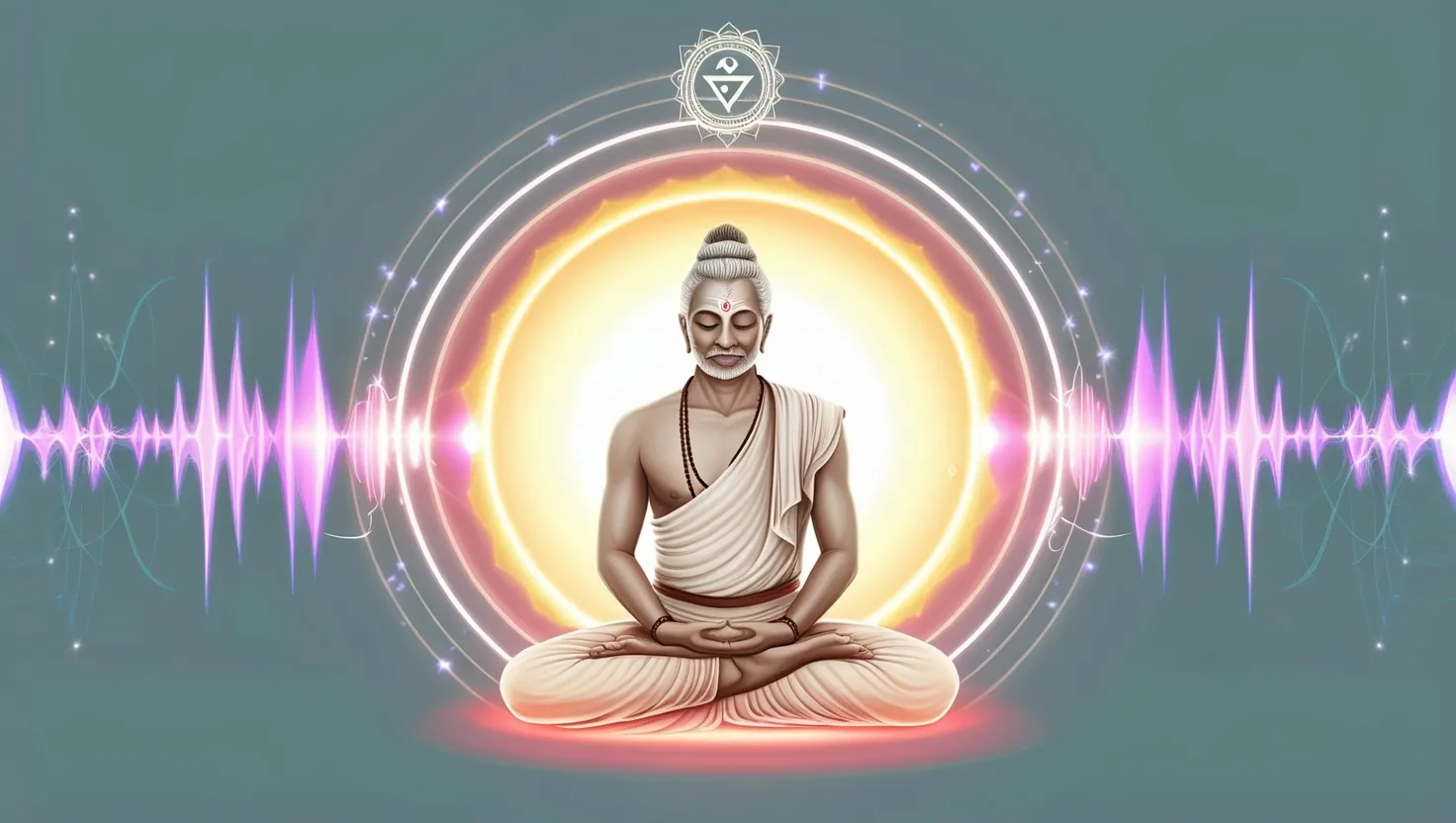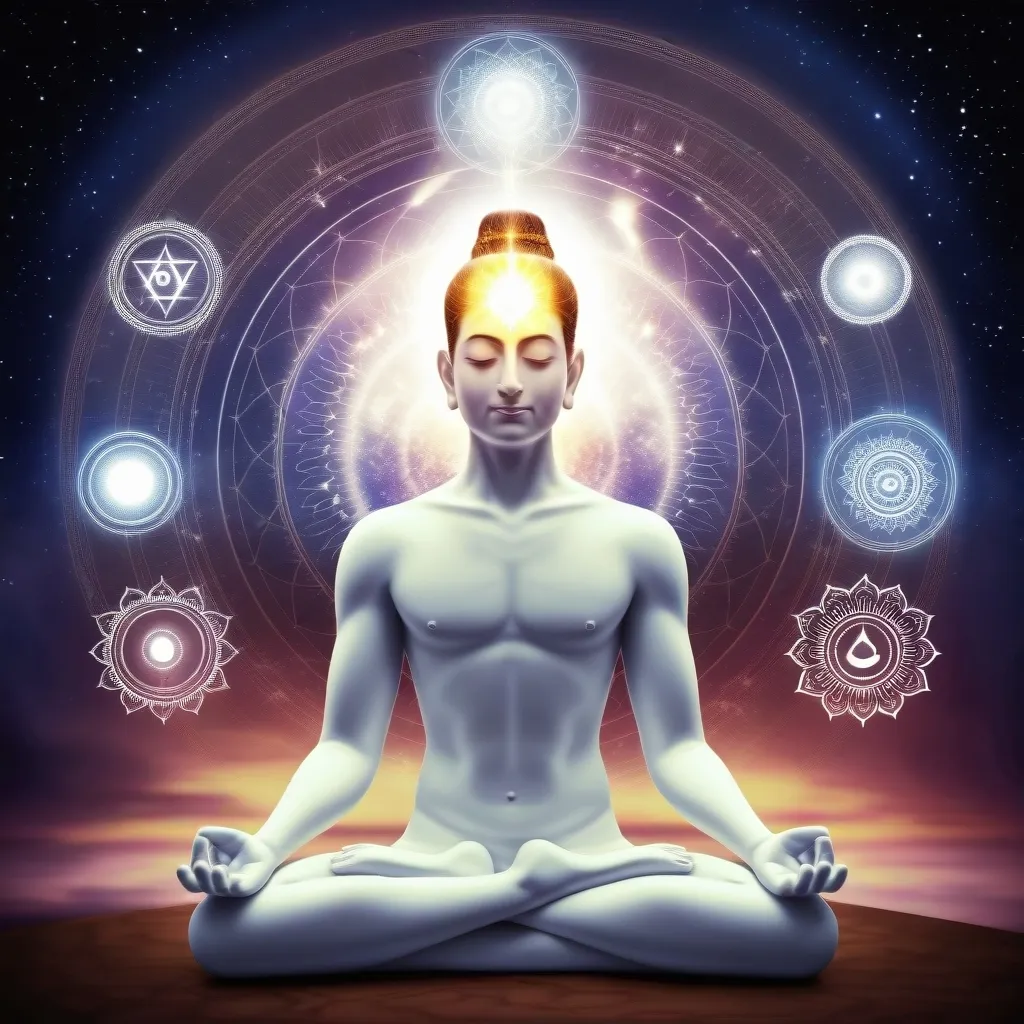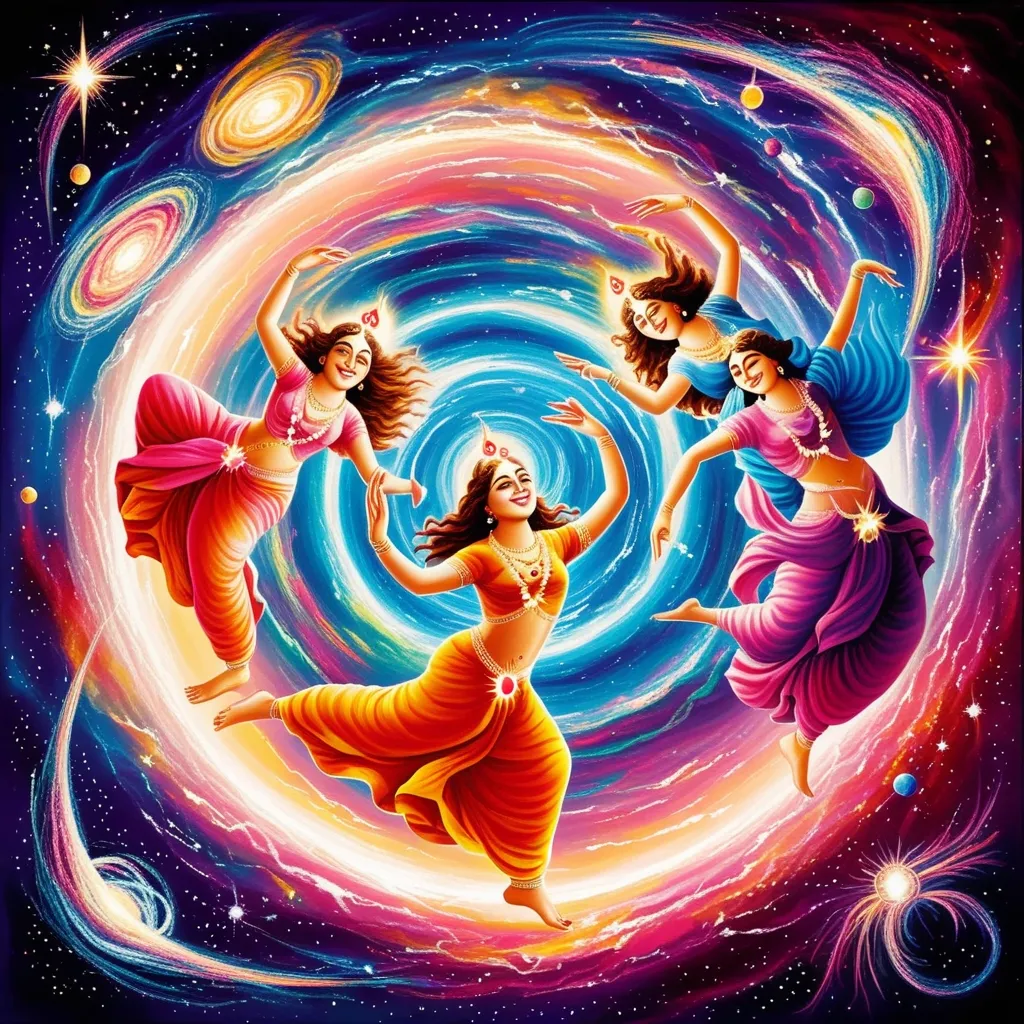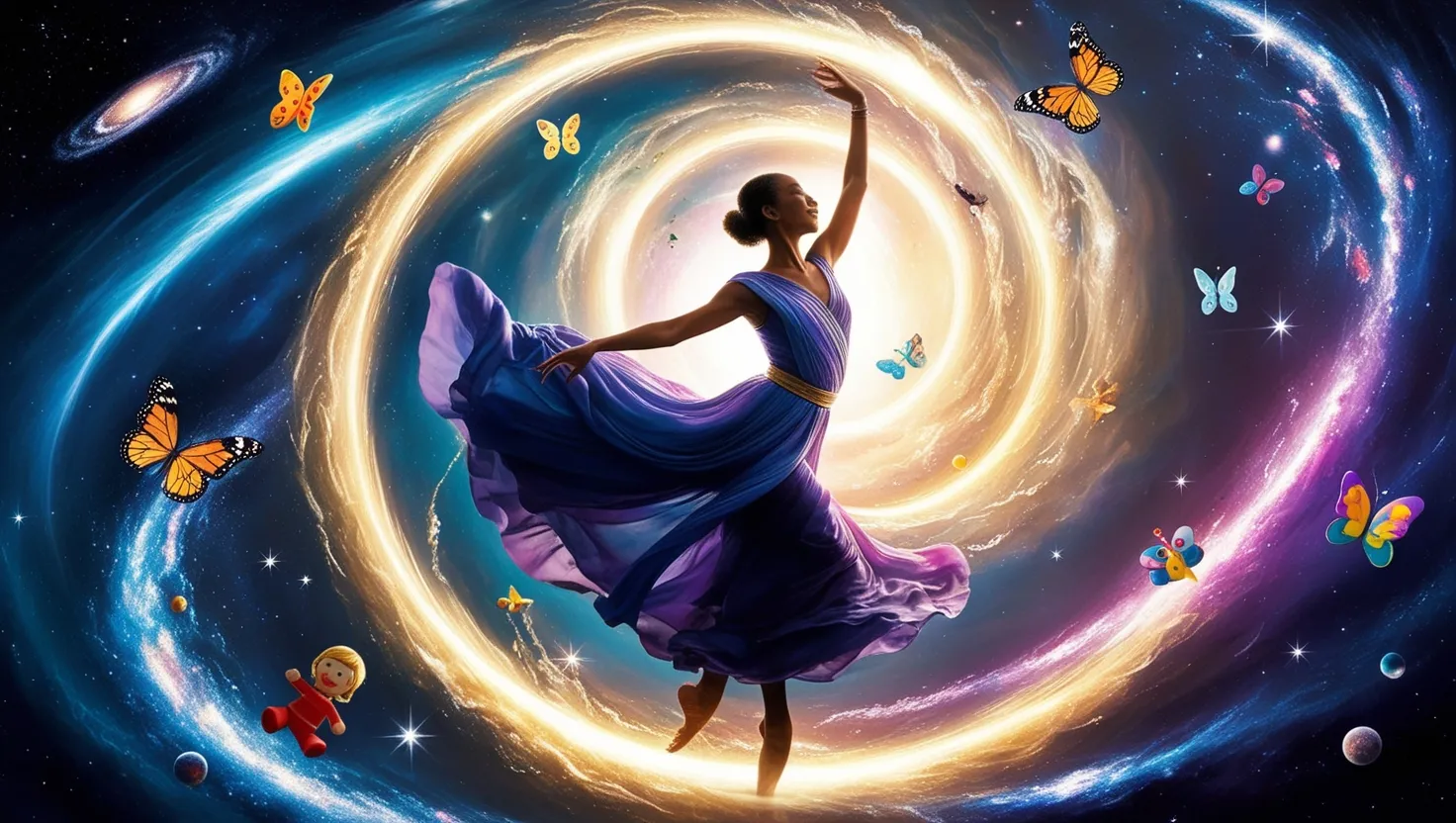The Vedas: Ancient Wisdom and Modern Controversies
Ever heard of the Vedas? They’re like these super old texts that Hindus consider pretty darn important. But here’s the thing - they’re not just some dusty old books sitting on a shelf. Nope, these babies are still causing quite a stir even today.
So, what’s the big deal about the Vedas? Well, imagine you’ve got this collection of writings that’s been around for thousands of years. We’re talking at least 3,000 to 3,500 years old. That’s older than your great-great-great-grandpa’s vintage cheese collection!
Now, here’s where it gets interesting. These texts weren’t just written down like your average grocery list. Nope, they were passed down by word of mouth for ages before someone thought, “Hey, maybe we should write this stuff down.” It’s like the world’s longest game of telephone, but with sacred knowledge instead of gossip about who kissed who at the summer solstice party.
But let’s get to the juicy stuff. The Vedas have some teachings that are, well, let’s just say they’re a bit controversial. It’s like finding out your sweet old grandma used to be a punk rocker - it’s unexpected and maybe a little uncomfortable.
First up, we’ve got the whole social hierarchy thing. The Vedas talk about this concept called caste, and boy oh boy, has that caused some drama. There’s this part called the “Purusha Sukta” in the Rig Veda that describes how society was created from different body parts of a primordial being. Sounds cool, right? Well, some folks have taken this to mean that there should be a strict social hierarchy based on birth. Yikes.
But hold your horses! Many scholars are saying, “Whoa there, that’s not what it means at all!” They argue that this whole birth-based caste system thing came much later, like between the 2nd and 6th centuries CE. It’s like when your mom tells you to clean your room, and somehow you interpret that as “eat all the cookies in the pantry.” Sometimes, messages get a bit lost in translation.
Now, let’s talk about some of the more eyebrow-raising stuff. There are parts of the Vedas that some people interpret as being pretty harsh on those who don’t follow the Vedic way of life. We’re talking punishment, even death, for not worshipping or making offerings. It’s like the ancient equivalent of your dad saying, “If you don’t eat your vegetables, you can’t have dessert,” except way, way more extreme.
But here’s the thing - we can’t just look at these texts with our modern eyes and go, “Well, that’s messed up.” We’ve got to remember that these were written in a completely different time and place. It’s like judging your great-grandpa for not having a smartphone. Context matters, folks!
Speaking of context, that’s a big deal when it comes to the Vedas. Unlike some other religious texts that are seen as the absolute, unchanging word of God, Hindu scriptures are more like a living, breathing thing. They evolve and change over time, kind of like how your taste in music changes (admit it, you used to love that boy band).
This flexibility is actually pretty cool because it means that even if some parts of the Vedas seem outdated or problematic, there’s room for reinterpretation. It’s like when you realize that your favorite childhood movie has some not-so-great messages, but instead of throwing it out, you find a new way to appreciate it.
Now, the Vedas have had their fair share of critics. There was this guy named Dr. Babasaheb Ambedkar who basically said, “These texts are just a bunch of rules that don’t make sense and aren’t moral.” Ouch. He even suggested that maybe we shouldn’t consider them sacred anymore. It’s like when your friend tells you that your favorite band actually sucks.
But on the flip side, you’ve got Hindu scholars and practitioners who say, “Hold up, you’re taking this all too literally!” They argue that these texts are meant to be understood symbolically and spiritually. It’s like looking at abstract art - you can’t just say, “Well, that doesn’t look like a real tree,” because that’s not the point.
So, what does all this mean for people today? Well, the Vedas are still a big deal in Hindu culture. Different people approach them in different ways. Some focus on the philosophical bits, like the deep thoughts you have at 2 AM when you can’t sleep. Others are more into the rituals and devotional aspects, kind of like how some people are really into their daily skincare routine.
For many Hindus, the Vedas aren’t just some old books - they’re a living tradition that affects daily life. People chant Vedic mantras and perform rituals based on these texts. It’s like how some people can’t start their day without their morning coffee ritual.
But here’s the important part - it’s crucial for people to think critically about these teachings. Just because something is old and revered doesn’t mean we can’t question it. It’s like how we now know that smoking isn’t actually good for you, even though people used to think it was.
The key is finding a balance between respecting tradition and aligning with modern values like equality, compassion, and justice. It’s like updating your grandma’s cookie recipe - you keep the good stuff, but maybe swap out the lard for something a bit healthier.
In the end, the Vedas are complex. They’ve got some seriously profound wisdom, but they’ve also got some stuff that makes us go, “Huh?” They’ve been criticized, defended, interpreted, and reinterpreted more times than you’ve changed your profile picture.
But that’s what makes them interesting. They’re not just some ancient texts gathering dust. They’re part of a living tradition that keeps evolving. It’s like a really, really old tree that keeps growing new branches.
So next time someone mentions the Vedas, you can nod sagely and say, “Ah yes, those ancient texts with the controversial teachings that people are still arguing about.” And then maybe change the subject to something less contentious, like whether pineapple belongs on pizza.
Remember, when it comes to the Vedas, it’s all about keeping an open mind, thinking critically, and respecting the many ways people interpret and practice these teachings. It’s a bit like trying to understand why your cat suddenly decides to race around the house at 3 AM - mysterious, sometimes confusing, but always intriguing.






